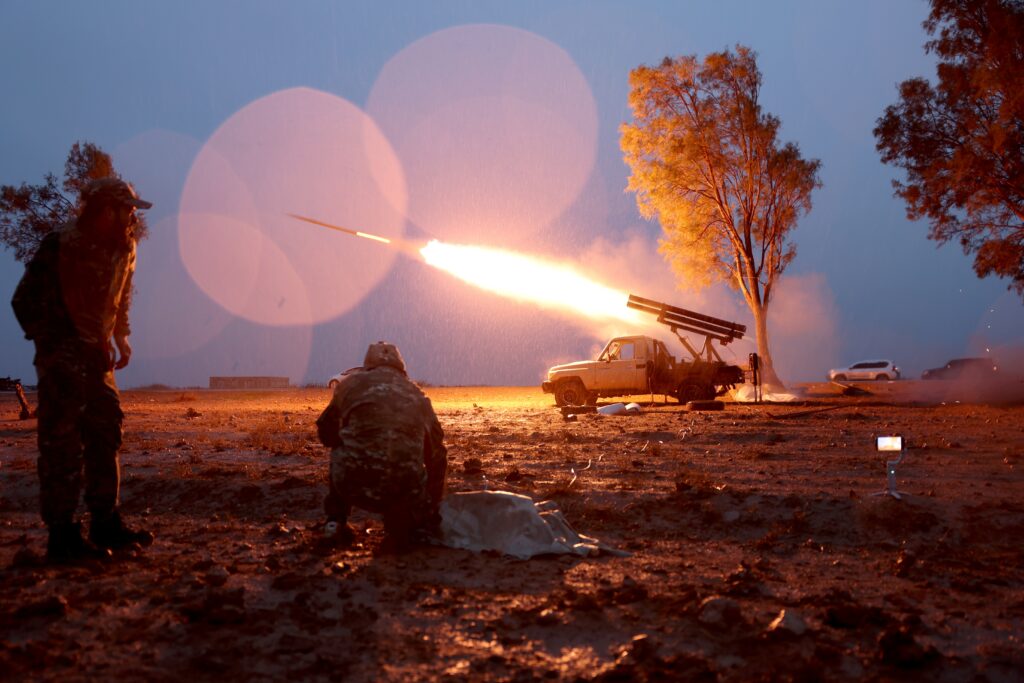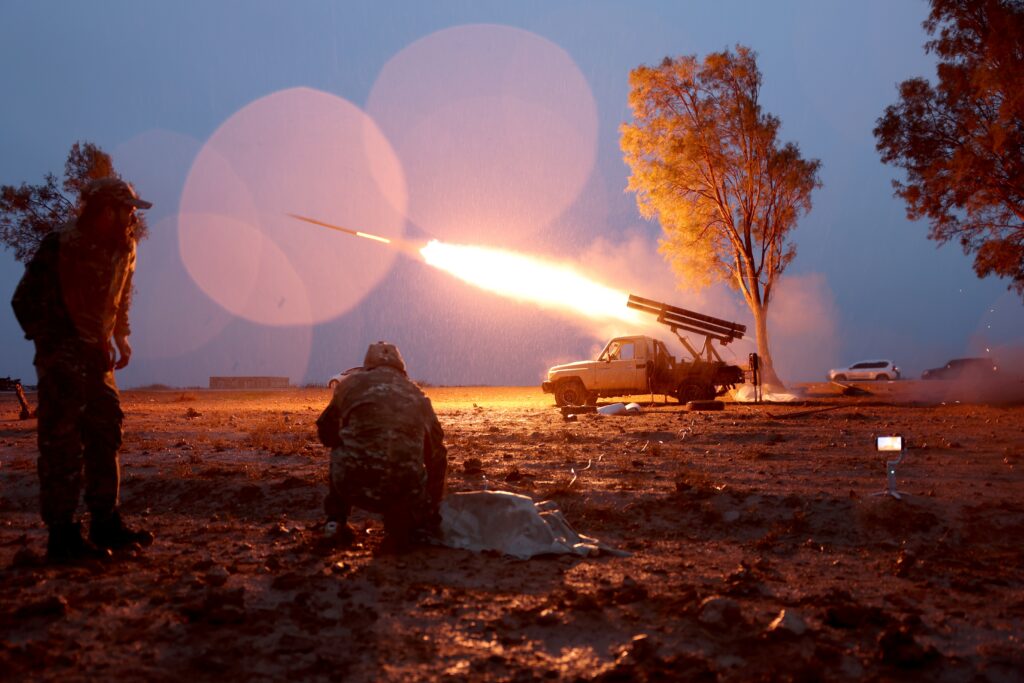L’armée syrienne a affirmé dimanche avoir pris le contrôle d’une localité stratégique du nord, progressant au prix d’intenses combats face aux forces kurdes qui jouissaient d’une autonomie de facto depuis plus de dix ans dans la région.Malgré les appels de Washington et Paris à cesser son offensive, le président islamiste Ahmad al-Chareh étend son emprise sur de nouveaux pans du pays, après avoir accordé vendredi aux Kurdes des droits nationaux inédits, mais jugés insuffisants par les autorités représentant cette minorité.Ses troupes se rapprochent désormais de Raqa, ancien bastion du groupe jihadiste Etat islamique en Syrie.Face à l’impasse dans les négociations du pouvoir central avec les Kurdes, qui contrôlent une partie du nord et du nord-est de la Syrie, les forces gouvernementales syriennes ont délogé leurs combattants de quartiers d’Alep, la grande ville du nord du pays, la semaine dernière.Elles les ont ensuite sommés de se retirer d’une zone située entre l’est de cette ville et le fleuve Euphrate.Après avoir massé des renforts et bombardé vendredi des positions kurdes, l’armée a progressé samedi dans cette zone, les deux côtés faisant état d’attaques meurtrières.Au petit matin dimanche, les autorités de Damas ont annoncé contrôler la ville de Tabqa, dans la province de Raqa, “y compris le barrage sur l’Euphrate qui est le plus grand de Syrie”, selon le ministre de l’Information Hamza Moustafa, cité par l’agence Sana.Les combattants kurdes affirment pourtant que cette localité, à une quarantaine de kilomètres de Raqa, ne faisait pas partie de l’accord de retrait qu’ils avaient accepté.L’agence Sana a ensuite affirmé que les Forces démocratiques syriennes (FDS), dominées par les Kurdes, avaient fait sauter dans la nuit les deux ponts menant vers Raqa, coupant la ville de la zone sur la rive occidentale qu’ils ont été sommés de quitter.- “Libération” -Raqa, dans la province du même nom, était considérée comme la capitale de l’EI avant qu’il ne soit défait en 2019 par les FDS, soutenues par une coalition multinationale dirigée par les Etats-Unis.La minorité kurde avait alors profité du chaos de la guerre civile (2011-2024) pour s’emparer de vastes territoires du nord et du nord-est de la Syrie, incluant champs pétroliers et gaziers.Un peu plus d’un an après avoir renversé Bachar al-Assad, Ahmad al-Chareh, un ex-jihadiste, veut désormais rétablir l’autorité de Damas sur l’ensemble du territoire syrien.Dès samedi matin, les correspondants de l’AFP ont vu l’armée entrer dans la ville de Deir Hafer, à une cinquantaine de kilomètres à l’est d’Alep, tandis que les combattants kurdes s’en retiraient.Dans la localité de Maskana, l’armée a été acclamée par les habitants, en majorité arabes. “Ce jour est le premier jour de notre libération”, a déclaré à l’AFP l’un d’eux, Ahmad al-Faraj. Les FDS ont fait en revanche état, outre les combats à l’est d’Alep, d'”intenses affrontements” dans cinq localités à l’est de l’Euphrate, entre Deir Ezzor et la frontière irakienne. Les autorités de Deir Ezzor, également sur le fleuve, ont accusé les forces kurdes de bombarder le centre-ville, sous contrôle gouvernemental.L’offensive de l’armée syrienne a provoqué l’inquiétude de pays occidentaux, dont les Etats-Unis, qui ont récemment levé leurs sanctions imposées à Damas sous Bachar al-Assad.Le Commandement militaire américain pour le Moyen-Orient (Centcom) a exhorté les forces syriennes à cesser toute attaque dans la zone située entre Alep et Tabqa, appelant à “une coopération étroite entre les partenaires syriens”.Samedi, le chef des FDS Mazloum Abdi a rencontré à Erbil, dans le nord de l’Irak, l’émissaire américain Tom Barrack.”Une Syrie unie et stable passe par l’intégration des Forces démocratiques syriennes en son sein et non par la guerre contre celles et ceux qui ont combattu Daech (l’acronyme arabe de l’EI, ndlr) à nos côtés”, a déclaré sur X le président français Emmanuel Macron. “L’offensive des autorités syriennes doit cesser immédiatement.”- “Premier pas” -Le pouvoir a conclu en mars dernier un accord avec les Kurdes pour intégrer leurs institutions civiles et militaires au sein de l’Etat, mais son application bute sur les exigences contradictoires des deux parties, toutes deux soutenues par Washington.Les Kurdes sont une minorité notamment répartie entre la Turquie, la Syrie, l’Irak et l’Iran.Ils ont souffert de décennies de marginalisation et d’oppression des régimes précédents en Syrie.Confronté au défi d’unifier un pays déchiré par la guerre civile, le président a annoncé vendredi soir reconnaître par décret les droits nationaux des Kurdes. Leur langue sera désormais officielle, une décision historique dans le pays où cette minorité est estimée à quelque deux millions sur une population de 20 millions d’habitants.L’administration autonome kurde du nord de la Syrie a estimé que ce décret constituait “un premier pas” mais ne satisfaisait pas “les aspirations et les espoirs du peuple kurde”.



